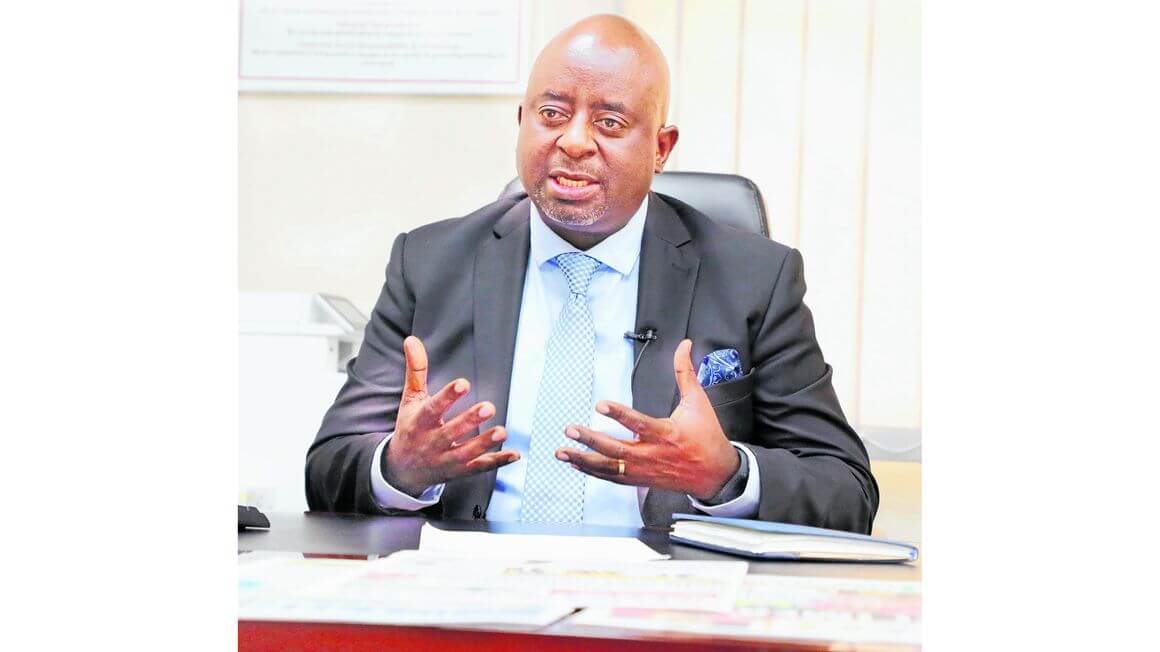
Our Projects are
Transforming African Trade
Quick Contacts
2nd Floor, Fidelity Insurance Centre Waiyaki Way, Westlands

Dar es Salaam. Members of the business community yesterday warned that the benefits of the African Continental Free Trade Area (AfCFTA) will not materialise unless some pending trade barriers were addressed.
The impediments to trade include lack of harmonisation of standards, failure to sign the implementation of the Single African Air Transport Market (Saatm) and the export of raw commodities.
The list also includes visa and work permit requirements, multiple testing agencies, unnecessary roadblocks and random checks along transport corridors/roads and high cost of cross-border trade that may represent barriers to Micro, Small and Medium Enterprises (MSMEs).
The East African Business Council (EABC) trade and policy advisor, Mr Adrian Njau, said for AfCFTA to be successful, countries must address more non-tariff barriers and build regional value chains.
“Only 13.6 percent of the product standards have been harmonised. This is a potential source of NTBs for cross-border trade in the continent,” he stated at the private sector’s meeting.
The AfCFTA – whose trading started officially on January 1 this year – aims to bring continent-wide free trade to 1.3 billion people in a $3.4 trillion economic bloc that is Africa.
Mr Njau said to create an internal market for African products, African markets must begin to manufacture value-added goods and deepen their regional value chains.
The Tanzania Private Sector Foundation (TPSF) executive director Francis Nanai said the AfCFTA objectives will remain elusive if local businesses were unable to take full advantage of the opportunities in terms of trade and investment.
As it is, TPSF urged governments, regional economic blocs, the African Union (AU) and development partners to support the effective engagement of the private sector in the pact’s implementation process.
“Engaging the private sector in improving the business environment will be a critical element in this overall efforts,” noted Mr Nanai.
This, he explained, should include, policy-level dialogues on trade, investment and infrastructure policy, institutional support mechanisms for building trade capacity of MSMEs and catalysing increased investment in promising industries.
EABC chief executive officer John Bosco Kalisa urged the EAC bloc to align trade policies, eliminate NTBs, ease access to trade finance for SMEs and enhance productive capacity all-round.
He said if the AfCFTA was to be successful and boosts intra-Africa trade which is currently low at approximately16.6 percent of total Africa exports to the globe, each country will have to find its own niche in terms of what it is good at.
Read original article
Disclaimer: The views and opinions expressed in this article are those of the authors and do not necessarily reflect the official policy or position of TradeMark Africa.